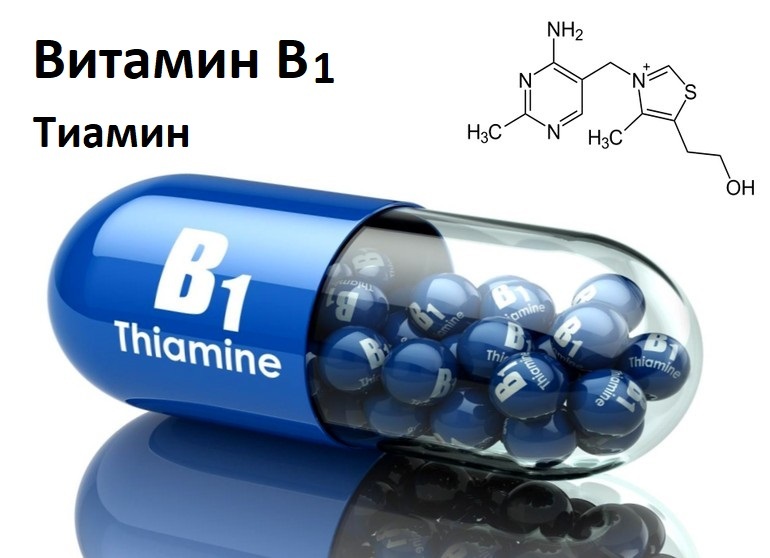Alcohol dementia: what it is, symptoms, treatment, prognosis
Content
- What is alcoholic dementia?
- Symptoms of Wernicke's encephalopathy
- Symptoms of Korsakov's syndrome
- Prevalence of alcohol dementia
- Causes of alcoholic dementia
- Diagnosing alcohol dementia
- Treatment for alcoholic dementia
- Forecast
- Conclusion
What is alcoholic dementia?
Wernicke-Korsakoff syndrome (also called alcoholic dementia) is a set of neurological conditions resulting from a deficiency of thiamine (vitamin B1). When thiamine deficiency occurs, the human brain does not properly convert sugar into energy, which is used for its adequate work. This, in turn, can lead to development dementia symptomsincluding confusion and memory loss. Wernicke-Korsakoff syndrome can significantly affect life expectancy and needs immediate treatment.
Alcoholic dementia consists of two separate conditions: it first develops Wernicke's encephalopathy, and then Korsakoff syndrome, which often occurs when the symptoms of Wernicke's encephalopathy subside.
Wernicke-Korsakoff syndrome can also be referred to as Korsakoff psychosis, Wernicke encephalopathy, alcoholic encephalopathy, alcoholic dementia, Wernicke dementia, and Wernicke's disease. Unofficially, some people also refer to this condition as Wet Brain Syndrome.
Symptoms of Wernicke's encephalopathy

Symptoms of Wernicke's encephalopathy include a sudden episode of mental decline, confusion, tremors of the legs, staggering, decreased muscle coordination, changes in vision and eyes (including lowering of the eyelids, double vision (diplopia) and abnormal back and forth eye movements) and other alcohol withdrawal symptoms. The symptoms of Wernicke's encephalopathy are often classified as a triad of ocular, cerebellar (balance and body control) symptoms and confusion.
Wernicke's encephalopathy is a condition that requires immediate medical attention and, with appropriate treatment, can be reversible.
Symptoms of Korsakov's syndrome
Symptoms of Korsakoff syndrome include memory loss (including the ability to recall old memories and the ability to form new ones), hallucinations, and confabulation (storytelling).
Korsakoff syndrome is usually a chronic condition that usually, but not always, follows an episode of Wernicke's encephalopathy.
Read also:How to quickly get rid of a hangover at home
Prevalence of alcohol dementia
It is difficult to understand how common Wernicke-Korsakoff syndrome is, as research shows it is vastly underestimated. One study mentions that this rate is 1-2% of the general population and 12-14% among those who abuse alcohol. However, the diagnosis is often overlooked, as evidenced by a higher degree of detection of the disorder after death by autopsy than is diagnosed in life.
Causes of alcoholic dementia
The most common risk of Vermike-Korsakoff syndrome is alcohol abuse, but it can also be caused by acquired immune deficiency syndrome (AIDS), cancer, chronic infections, kidney dialysis, anorexic and the body's inability to absorb nutrients from food. Interestingly, the risk also increases after bariatric surgery with obesity.
Some cases of Wernicke's encephalopathy can be caused by an extreme diet that prevents the body from getting the nutrients it needs to maintain healthy functioning.
Diagnosing alcohol dementia
To diagnose Wernicke's encephalopathy, it is necessary to check the level of thiamine in a person's blood. Thiamin is also known as vitamin B1.
There is no single test for Wernicke-Korsakoff syndrome. Instead, alcoholic dementia is diagnosed excluding other conditions. Assessment may include cognitive assessments, blood tests, and neurological examinations to assess eye movement, muscle strength, and coordination. Magnetic resonance imaging (MRI) can also be used to look for brain lesions that can develop as a result of a disease.
Some cases of non-alcoholic Wernicke encephalopathy have been missed due to the presence of others medical conditions such as severe bipolar disorder or schizophrenia causing the disorder eating behavior. Testing for thiamine disorders in the presence of acute confusion and disorientation is critical for identification and appropriate treatment.
Treatment for alcoholic dementia

Wernicke's encephalopathy requires immediate treatment, which usually consists of high doses of thiamine given intravenously.
Some research suggests that when Vermico encephalopathy is caused by alcohol abuse, a person may need a higher dose of thiamine than if it develops for other reasons.
Read also:What is salt for drug addicts? Salt addicts - before and after photos
Ongoing treatment for Wernicke-Korsakoff syndrome includes abstinence from alcohol, adequate nutrition, and vitamin supplementation.
Forecast
The prognosis of Wernicke-Korsakoff syndrome is diverse. The Alzheimer's Association estimates that with appropriate treatment, approximately 25% of people will make a full recovery, about half will improve, but not restore the full functioning of the brain, and about 25% will remain about same.
Any improvement in functioning usually occurs within the first two years after the first signs and symptoms appear. Life expectancy can remain normal if the person does not drink alcohol.
According to Merck guidelines, about 10-20% of people with untreated Wernicke encephalopathy will not survive. However, with treatment, the prognosis of Wernicke-Korsakoff syndrome is much better than with Alzheimer's disease and other types of dementia, the decline of which is chronic and progressive despite attempts at treatment.
Conclusion
Wernicke-Korsakoff syndrome is a collection of conditions that can cause symptoms of confusion, memory loss and disorientation, and physical signs such as muscle weakness and movement problems eye. While at first you may be hesitant to seek help, it is important to remember that prompt treatment, in addition to abstaining from drinking alcohol can allow you to recover most of the functions that become impaired with the development of this syndrome.



